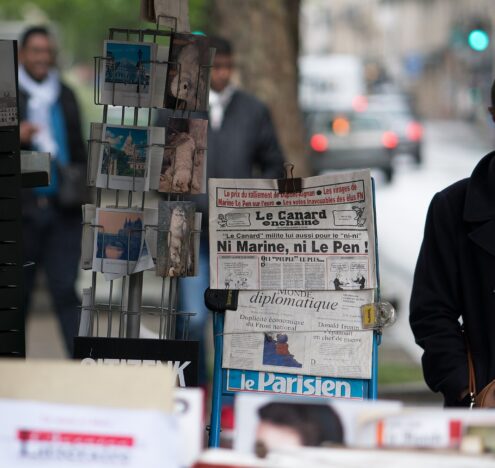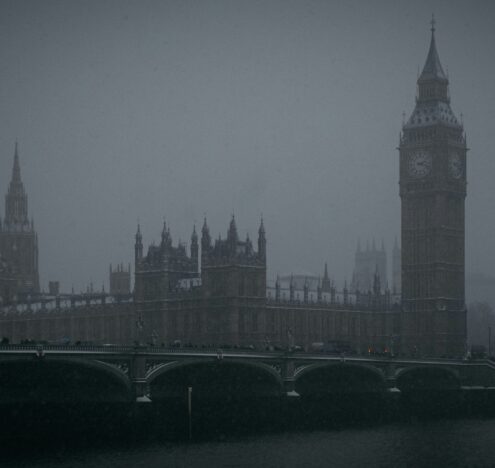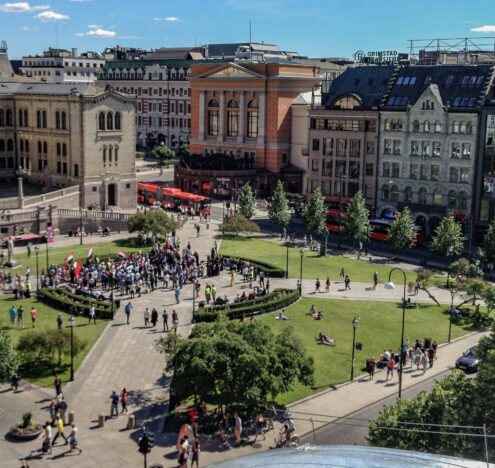Different politicians and political thinkers depending on their ideologies interpret history differently. But what about regular people (not to suggest that politicians aren’t regular people)? That was the question before Francesco Rigoli in his new piece, “Ideology shapes evaluation of history within the general population,” published earlier this year in Political Psychology.
Rigoli’s article describes a study that was conducted across six countries: the United States, the United Kingdom, Italy, Poland, Mexico, and South Africa. The researchers wanted to maximize difference (while still working within the constraints provided by Prolific, the platform they used to recruit participants). Participants were asked about their ideologies, as participants in political studies are often asked to do. But these participants were also asked about the recent past, the present, and the near future. In all countries, those on the political right evaluated the past more positively.
The researchers then turned to a second study with two groups of 100 participants each, manipulating the evaluation of the past between groups. For example, one group had the question, “Based on your memories, on what you have read, and based on what you have heard from other people, think about society in the period between 1950 and 2000. Take a couple of minutes to think about which aspects of this past society were worse than today. Write these aspects below.”
The other group faced the same question but with the word “better” in place of the word “worse.” This did not influence ideology, disconfirming the idea that people are moved toward the right because of a more positive perception of the past.
Ideology and the World Around Us
A third study “manipulated the salience of ideological representation between groups.” These were two groups of 200 participants each. All participants for this study were from the United Kingdom.
Ideology impacts how people consider the world around them, and in particular what was and will be.
The participants of this study were effectively encouraged to have certain participants’ ideological representations be more salient to them. The high-salience group did indeed demonstrate a stronger link between ideology and perception of the past, meaning that embracing an ideology does encourage a particular perception of the past.
A fourth and final study found that right-wing participants evaluated the past more positively at least in part because of nostalgia and tradition. Here, they recruited 1,200 participants from the United Kingdom, United States, Italy, Poland, Mexico, and South Africa.
Rigoli concludes that interpretations of history are central to political beliefs for laypeople as well as their leaders. Ideology impacts how people consider the world around them, and in particular what was and will be. Rigoli suggests that, in the future, links unexplored in this study — like ethnicity, education, religion, or level of political engagement — might also be examined.





















